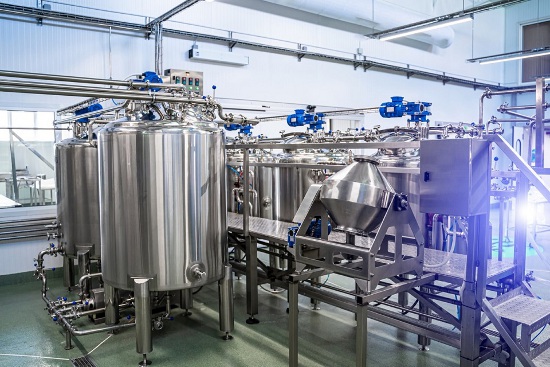One of the most crucial stages in industrial processing systems is waste management. Waste management can involve several approaches; discarding, destruction, processing, recycling, reusing, or waste control. The objective is to avert environmental hazards and minimise wastage. Industrial filtration is a sustainable approach to waste management. Its application is popular in manufacturing, mining, pharmaceuticals, and food processing. Industrial filtration involves using filtration systems to separate mixtures in industrial processes. It reduces waste generation and promotes industrial protection. Here are some different approaches to sustainable industrial filtration.


Membrane Filtration
Membrane filtration separates particles from fluids using semi-permeable membranes. It’s a highly effective system for wastewater treatment, pharmaceutical production, and food processing. Furthermore, membrane filtration requires less energy compared to traditional filtration methods and produces cleaner effluent. It’s a sustainable option for waste management.
Biological Filtration
Biological filtration uses microorganisms to break down organic matter in wastewater and industrial effluents. This approach is great for treating organic pollutants in a more environmentally friendly manner. Biological filters are often used with other filtration methods to achieve better results.
Activated Carbon Filtration
Activated carbon is a porous material that can adsorb organic compounds and certain chemicals present in wastewater. It has a large surface area that’s effective at removing pollutants like dyes, heavy metals, and other organic contaminants. The advantage of activated carbon is its ability to be reused and regenerated.
Sand Filtration
This is a traditional method that involves passing water through the sand to remove suspended solids and impurities. It’s simple and energy-efficient. By using high-quality sand and maintaining the filter bed properly, sand filtration can be a sustainable and long-lasting solution for water treatment and filtration.
Reverse Osmosis
While reverse osmosis is energy-intensive, it is highly effective at removing dissolved solids and contaminants from fluid streams. To make this approach more sustainable, it can be combined with renewable energy sources or used for specific applications where other methods are not feasible.
The choice of the filtration approach depends on the specific industrial process, the type of waste generated, and the desired level of purity for the effluent. Nonetheless, all options have similar benefits that highlight the importance of industrial filtration. These include;
Waste Reduction
Industrial filtration removes contaminants and other impurities from fluids used in industrial processes. As a result, there are fewer hazardous materials that need disposal or treatment. Furthermore, industrial filtration redirects potentially useful components found within industrial wastes to other functions and minimises the final waste material.
Resource Conservation
Recovery of valuable materials from waste products through industrial filtration helps in resource conservation. Effective filtration allows industries to reuse or recycle components. Many industries rely on water as a coolant, solvent, or cleaning agent. Filtration harvests water for reuse and reduces overall water consumption.
Environmental Compliance
Industries must adhere to strict environmental regulations to ensure safety and avert pollution. Industrial filtration ensures compliance by removing harmful pollutants from waste products. As a result, the effluent meets the stipulated standards before discharge. Industries can avoid fines and penalties for non-compliance through efficient industrial filtration systems.
Energy Generation
Industrial filtration can be integrated into waste-to-energy systems where waste materials are processed to yield useable energy sources like biofuels and biogas. This further reduces the environmental impact of industrial waste products leading to a lower carbon footprint and a more sustainable operation.
Cost Saving
Efficient filtration reduces material waste, lowers energy consumption, and extends the lifespan of equipment. Minimising waste and downtime has a significant impact on costs over time. Furthermore, using filtration for efficient waste management reduces the cost of disposing and discarding final waste products.
Industrial filtration is a critical aspect of modern manufacturing and processing industries. Therefore it’s imperative to invest in the right equipment for the best outcome.
























